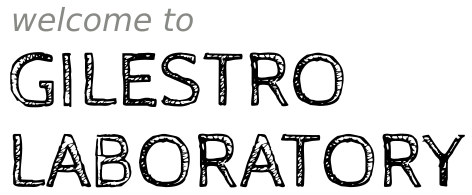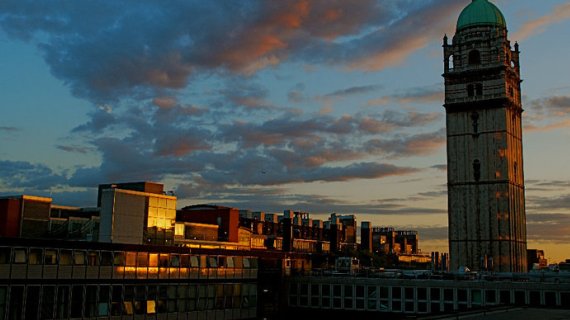
Some consider sleep an unsolved mystery of Neuroscience but it is much more than that. It is actually a puzzling question of Biology. Why do animals sleep? What happens in our cells – all of them – when we sleep? Is there a core, biological function that must take place during a state of lost consciousness? We are fascinated by these questions and we approach this puzzle without any bias or dogma. We made tabula rasa of everything we know – or we think we know – and we started from scratch.
Some of the questions we are currently addressing in the lab.

Our laboratory is part of the Department of Life Sciences at Imperial College London, in the South Kensington Campus right in the very heart of London. Imperial currently ranks 8th in the University World league, and 3rd in the UK. Our Department was judged by Times Higher Education to be the top-ranked university Department in the UK for research intensity in Biological Sciences. Find more about the facilities of the laboratory and those of the Department.

The lab uses a rather unique polyhedric approach, combining state-of-the-art genetics and molecular biology to AI & computer vision; we are Open Source advocates and we build our own tools, both at the hardware and software level. We create our own custom embedded systems to analyze and manipulate behaviour and every tool or software we create is shared with the community even before being published – if you join the lab, expect to become fluent in molecular genetics as well as 3D printing and big data analysis. We gladly host Master’s students from life sciences and engineering. Drop a line if you are interested in joining the lab and follow the instructions here on how to apply for an extracurricular placement.
